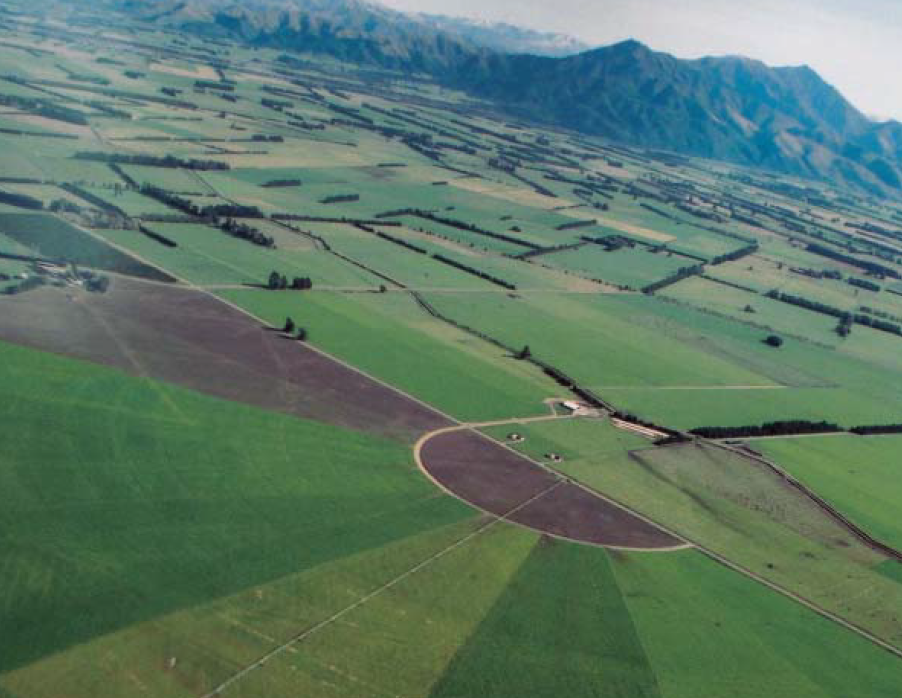Growing for good: Intensive farming, sustainability and New Zealand's environment

New Zealand is in the business of pampering the palates and passions of the world's more prosperous citizens through the export of foods, fibres and wines.
In this we depend on our environment's natural capital – rivers, lakes and aquifers, soils, biodiversity and atmosphere. Growing for good investigates how we can learn to live off the income from this natural capital without exhausting the capital itself. Despite some worrying trends, I am optimistic about our future. Farmers, researchers and investors have shown many times they can innovate and adapt to a changing world. Undoubtedly, we have the ability to run vastly more ecologically and economically efficient farming systems.
Executive summary
A key trend across dairying, horticulture, sheep and beef, and viticulture is that our natural capital is under intense pressure. In dairying, the number of cows increased by 34% between 1994 and 2002 while the land area used for dairying grew by just 12%. In the sheep and beef sector, increased lambing rates and livestock weights reflect improved animal nutrition through new pasture mixes and increases in fertiliser use.
Synthetic fertiliser use across all sectors grew by 21% between 1994 and 2002, while the use of urea fertilisers soared by 160%. There is strong evidence our waterways and lakes are becoming nutrient enriched and degraded from nitrogen, animal faecal matter and eroded sediment. Many of our key export markets in Europe and Asia will not want products sourced from farms that are polluting the environment.
Recommendations
- We need a dialogue to develop a new vision for the future of farming.
- A pan-sector institution to articulate that vision is needed, a foundation or trust that represents all sectors and is outside of government but partnered to it.
- Immediate action is needed to remedy the pollution from farms, to manage the use of nitrogen fertilisers, and to deal with contamination of waterways.
- More investment for research into sustainable farming systems, integrated catchment management, and soils is another priority.
Growing for good workshops
Eight workshops were held around New Zealand during February and March 2005 to discuss Growing for good. The report had stirred much debate when released in November 2004, so the workshops were an opportunity for farmers and others to provide feedback.

